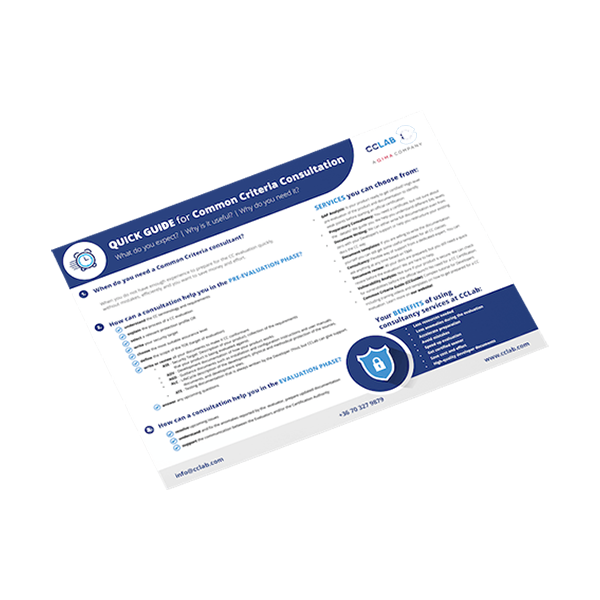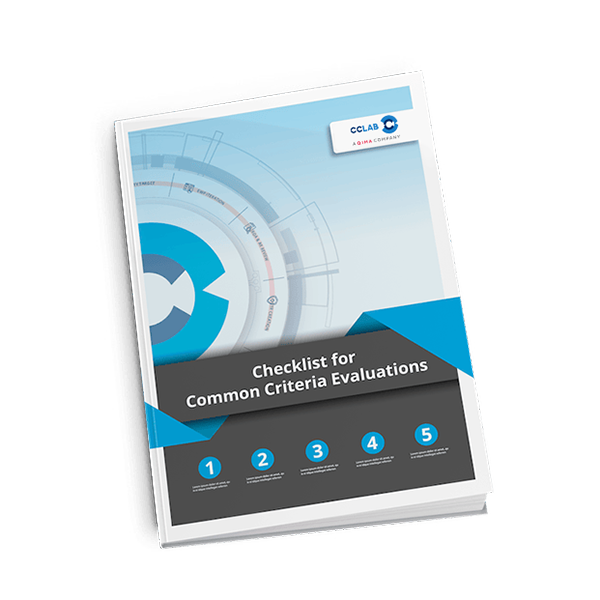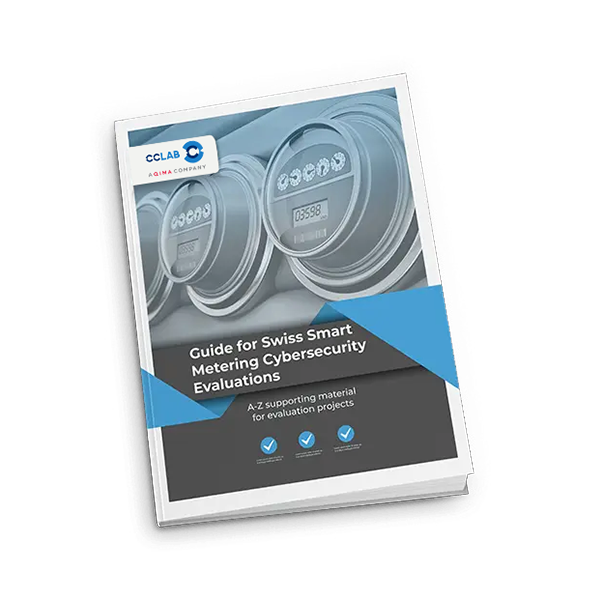
Trusted cybersecurity service & assessment provider since 2013
An agile cybersecurity laboratory, committed to enhancing global security.
About CCLAB
Founded in 2013, CCLab Ltd. is an agile cybersecurity laboratory specializing in Common Criteria evaluations and consultations. Our cybersecurity lab has been accredited by OCSI (Certification Body of the Italian Scheme) since 2015 and BSI (Certification Body of the German Scheme) since 2022.
We have successfully executed numerous projects, with the scale and quality of evaluations consistently increasing each year.
In 2023 CClab joined the QIMA group, a global Testing, Inspection, and Certification player, operating in more than 100 countries from 60 offices and labs.

Our Cybersecurity solutions
Navigate the complex landscape of cybersecurity certifications
with expert guidance

Common Criteria Evaluation
ISO 15408 Common Criteria Compliance and Certification up to EAL4+ or EAL5.

Common Criteria Consultancy
Professional support to prepare for a successful Common Criteria evaluation saves you cost and effort.

Consumer IoT (ETSI EN 303 645) Cybersecurity
Comply with ETSI EN 303 645 standards, providing guidelines and expertise for the security of consumer Internet of Things (IoT) devices.

Smart Metering Cybersecurity
Data security solutions for smart metering system components with independent verification by out certified laboratory.

Radio Equipment Directive Cybersecurity Compliance
Learn more about the Radio Equipment Directive (RED) specifying cybersecurity requirements for radio equipment sold within the EU.

UK PSTI compliance
How to get your connected device compliant with the upcoming cybersecurity regulation in the UK, the Product Security and Telecommunications Infrastructure (PSTI) Act.

Industrial Control System Security
Cybersecurity evaluation and certification of industrial automation and control system based on ISA/IEC 62443-4-1 and 62443-4-2 standards.

Cybersecurity Certification
Get your IoT, IIoT device certified after successful evaluation and testing based on ETSI 3030 645 or IEC 62443-4-1, 62443-4-2.
Evaluation with
agility in mind
What does it mean?
Dedicated project leader, who understands the processes

No surprises at the end of the project,
Weekly/biweekly
status meetings
Emails are responded within one working day
Short iterations with immediate feedback
Understandable and solution-oriented observation reports
We intervene immediately in case of any minor problems
Track progress in monthly reports
Cybersecurity News

How to get ready for NIS2 Compliance?
5
min reading time
The NIS Directive was the EU's inaugural cybersecurity legislation, aiming to establish a unified high level of cybersecurity across Member States. Although it bolstered cybersecurity capabilities, its implementation encountered challenges, leading to fragmentation within the internal market. NIS2 becomes legally binding in 2024, with Member States having until October 17, 2024, to transpose the Directive into their national legislation.

Common Criteria Certification: How to Prepare and Apply
9
min reading time
In today's digital landscape, where cybersecurity threats loom large, and trust is paramount, Common Criteria certification emerges as a beacon of assurance. This globally recognized standard sets the bar for IT product security, instilling confidence in customers, stakeholders, and regulatory bodies. Beyond mere validation, it serves as a shield against potential risks, fortifying organizations' defenses and fostering a culture of safety in the digital realm.

Consumer IoT: The Opportunities and Risks of the Emerging Market for Smart Home and Wearable Devices
7
min reading time
Consumer IoT, or Consumer Internet of Things, represents a significant paradigm shift in our interaction with technology, promising enhanced efficiency and personalized experiences in our daily lives. However, alongside these promises come new challenges for developers and manufacturers, particularly in privacy, security, and regulation. Navigating this emerging landscape requires a comprehensive understanding of its potential and pitfalls.
Meet us here
Join our captivating cybersecurity events to enhance your knowledge and engage with our team of experts.
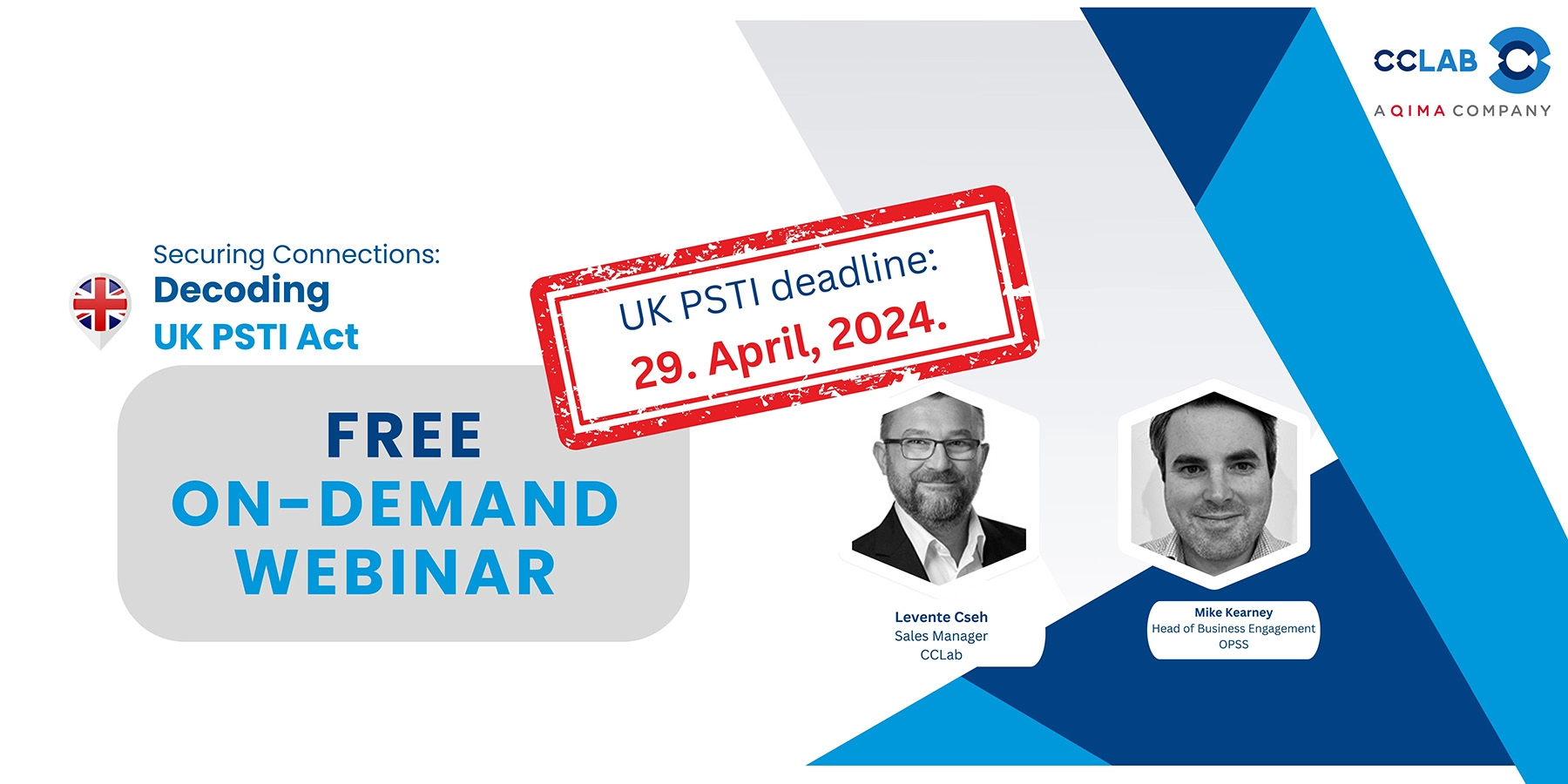
Securing Connections: Decoding UK PSTI Act Webinar
Last-minute guidance to connected device manufacturers- the upcoming webinar by QIMA & CCLab
Due to the upcoming deadline, QIMA and CCLab are organizing a joint webinar to familiarize registrants with the details of PSTI, which products it affects, to whom it applies and to present its relevant services.

The EU Cyber Acts Conference 2024
Our Head of Legal and Compliance, Dr. Katalin Szűcs will also travel to Brussels to represent CCLab at the conference.
The recent Cybersecurity Resilience Act (CRA) mandates protection against cyber threats and reporting of security incidents for various consumer products. The EU Cyber Acts conference will be held again this March, the theme of the forum will be Changing the Future of Cross-Border Certification. Dr. Katalin Szűcs Head of Legal and Compliance at CCLab will also be at the conference.









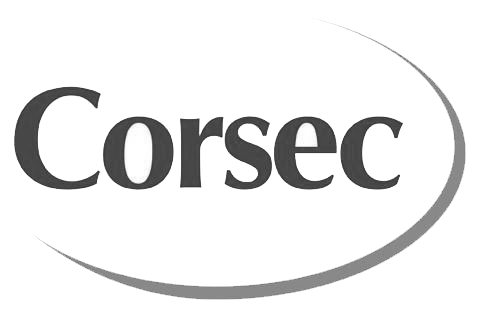


















.png)
